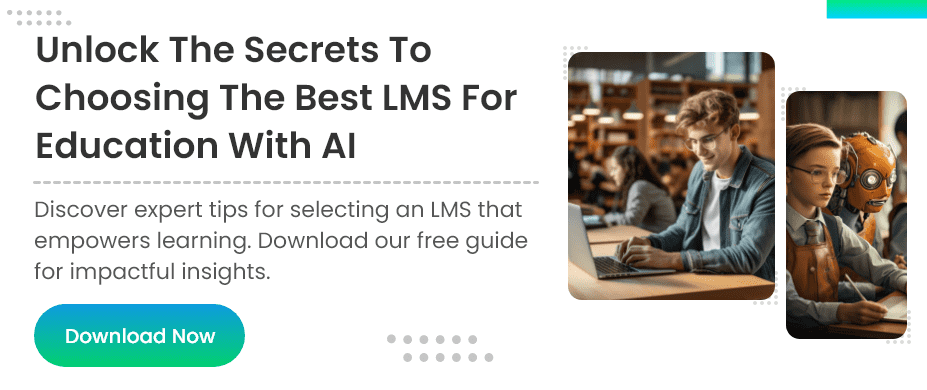What sets the leaders apart is their adoption of AI and automation and how they translate data into actionable insights that directly affect learner outcomes and business growth.
Technology has changed and enhanced education delivery, creation, and management; companies leveraging AI tools for EdTech have the unique opportunity to lead this transformation. They can create products that solve current challenges and advance the entire learning ecosystem—from reducing the cognitive load on teachers to making education more accessible and adaptive for students.
Today, the question is no longer whether automation will influence education but how to leverage these best AI tools for education in LMS to create a meaningful impact. This blog will give you clarity on the best strategies you can come up with; no matter the platform or your learning audience, these AI tools complement your learning outcomes and help you reach your learners in a personalized way.




























